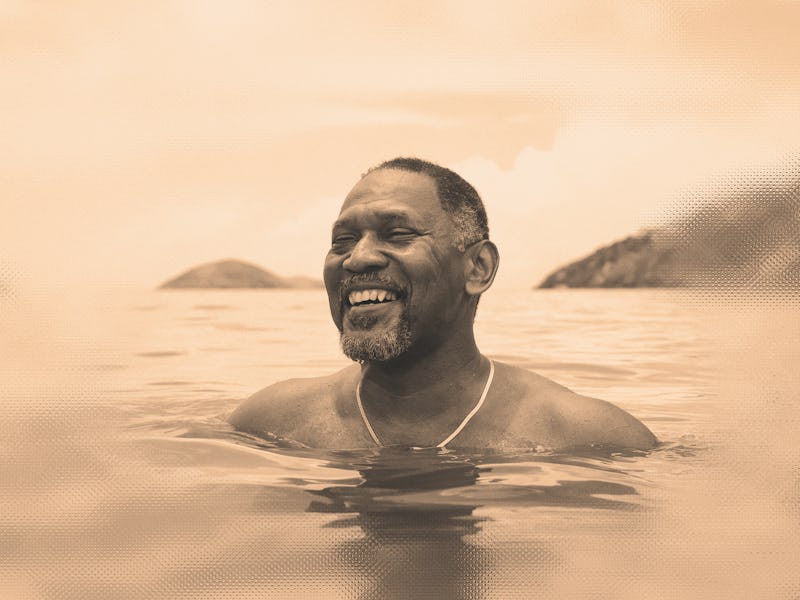Taking a Vacation Is Seriously Good For Your Brain — But Only If You Do It Right
Say it with us: Vacation is good for you.

It’s back: The glorious moment when, in our yearly trip around the Sun, the northern hemisphere starts to thaw, sweaters are shed, and toes are painted in anticipation of breaking out the Birkenstocks. All this gleeful activity underscores something you already know: You need a vacation. You need a break from the routine. Preferably under a beach umbrella.
Ask almost anyone, and they will tell you the same thing: Vacations are good. But too many people in the United States don’t indulge. Apparently, it's a trend stretching back to 2000: Research finds people are taking fewer days off. Why? The answer lies in complex reasons rooted in capitalism we’re not going to get into here. We’re going to focus on the product: You want a vacation, but the desire doesn’t mean you are going to go on one.
You really should — and at least on that, the science is clear. A 2023 study published in the International Journal of Behavioral Nutrition and Physical Activity suggests just three days without work and work-related tasks can be good for you. Taken together, the research into vacation shows we need to embrace a new mindset: Vacation isn’t frivolous; it’s healthy. Like going jogging or eating a salad, taking time off is essential to well-being.
It’s so healthy, in fact, that some experts argue it might help treat certain diseases, including dementia. In a 2022 study published in Tourism Management, researchers spotlight a link between elements of travel, like anticipation and planning, and healthy brain function. First author Jun Wen, a lecturer at Edith Cowan University, tells me that vacations benefit the mind: They exercise our sensory processing and movement skills, and give us a sense of freedom. Traveling, in turn, improves well-being.
Vacation Brain
Just three days without work and work-related tasks can be good for you.
There’s a slight caveat: We have power over how mentally beneficial our vacations are. For example, one study found that knowing you have a lot of post-vacation work to come back to can eliminate the potential positive effects of the trip. It also found restful vacations can buffer post-vacation work stress. Perhaps one of the best things you can do before going on a trip is to cross off your to-do list and then completely unplug.
Scientists also found another way to maintain that post-vacation buzz: Look at the photos you took while you were away. Another study found that recollecting travel can promote well-being and happiness.
Meanwhile, the 2023 study on the effects of three days away from work offers another helpful takeaway: Long vacations can be more beneficial for mental health than short ones, but both do good. What does this mean for you? Take the time, even if it’s just a few days.
While on vacation, study participants wore Fitbit trackers, and the data collected suggests people engage in more active, healthy behaviors when they are on holiday. Compared to their non-vacation selves, the vacationers sat an average of 29 minutes less, moved at least five minutes more, and gained 21 minutes extra sleep.
Ty Ferguson, the study’s first author and a research associate at the University of South Australia, Adelaide, says that the larger positive changes across all behavior types fell within the one to two-week range.
“Interestingly though, we had significant changes in even short breaks of 1 to 3 days,” he tells me. “In our study, we had positive changes occurring across all categories of vacations so just having a vacation is likely to be positive for movement patterns.”
That sounds like a good excuse to pack a bag.